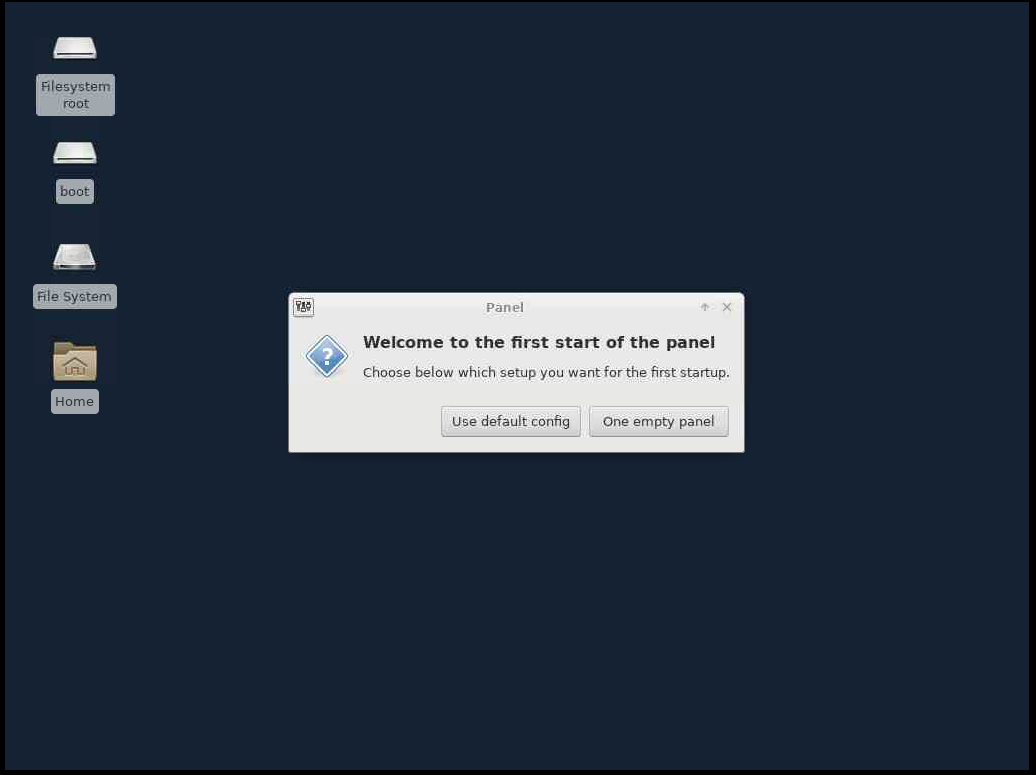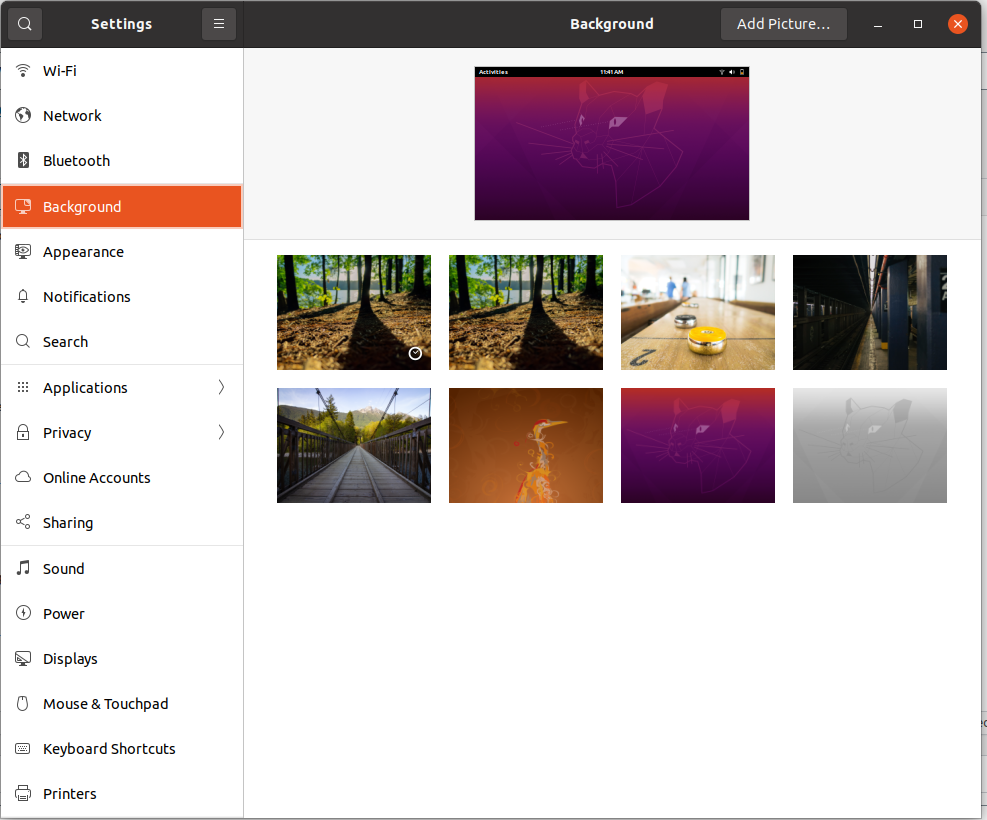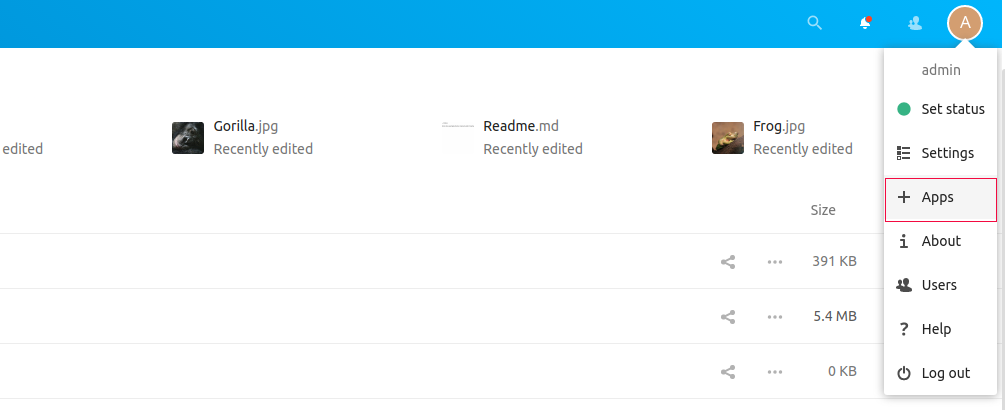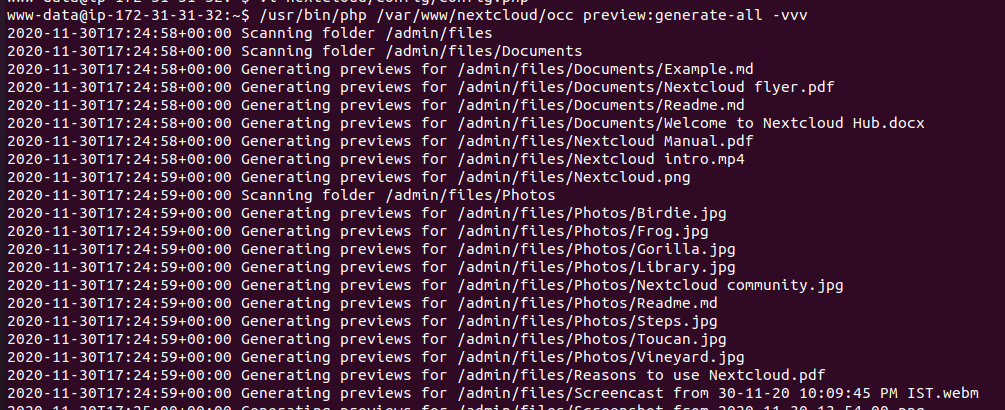- Firewalld list all open ports
- Firewalld list rules
- firewall-cmd
- Allow PPTP VPN connection on firewalld
firewall-cmd is used to manage firewall (iptables). It is used by default on latest version of CentOS, RHEL.
Check firewall status
To see if firewall is running of not use
firewall-cmd --stateor
systemctl status firewalldTo disable firewalls
systemctl stop firewalld
systemctl disable firewalldOpen a port in firewall
To allow HTTP and HTTPS traffic, run
firewall-cmd --permanent --zone=public --add-service=http
firewall-cmd --permanent --zone=public --add-service=https
firewall-cmd --permanent --zone=public --add-service=ssh
firewall-cmd --permanent --zone=public --add-port=25/tcp
firewall-cmd --reloadPermanent option make the changes permanant. You need to reload firewall after using –permanent. If you want to open a port in current session and make it permanant, run the command with and with out –permanent.
Open a port range in firewall
firewall-cmd --zone=public --add-port=22-65535/tcp
Close a port in firewall
To close a port, you can use command same as you open with –add replaced with –remove.
firewall-cmd --permanent --zone=public --remove-service http
firewall-cmd --permanent --zone=public --remove-port 25/tcpWhitelist an IP address
firewall-cmd --zone=trusted --add-source=IP_ADDR_HERETo remove an IP, use
firewall-cmd --zone=trusted --remove-source=IP_ADDR_HEREFirewalld Zones
Zone is a collection of rules that can be applied to a specific interface. Some useful commands are
firewall-cmd --get-active-zones
firewall-cmd --get-default-zone
firewall-cmd --list-all-zones
firewall-cmd --info-zone=publicZones are stored in /usr/lib/firewalld/zones
Services
Services are pre-made rules for a specific application. Some useful commands are
firewall-cmd --get-services
firewall-cmd --info-service SERVICE_NAME_HEREServices are stoed in /usr/lib/firewalld/services/ or /etc/firewalld/services/
On AlmaLinux 9, cpanel server used following service file
https://gist.github.com/serverok/4433cbc84b90f41ddf60031896cf8475
Save run time configuration into permanant
firewall-cmd --runtime-to-permanentSee firewall






